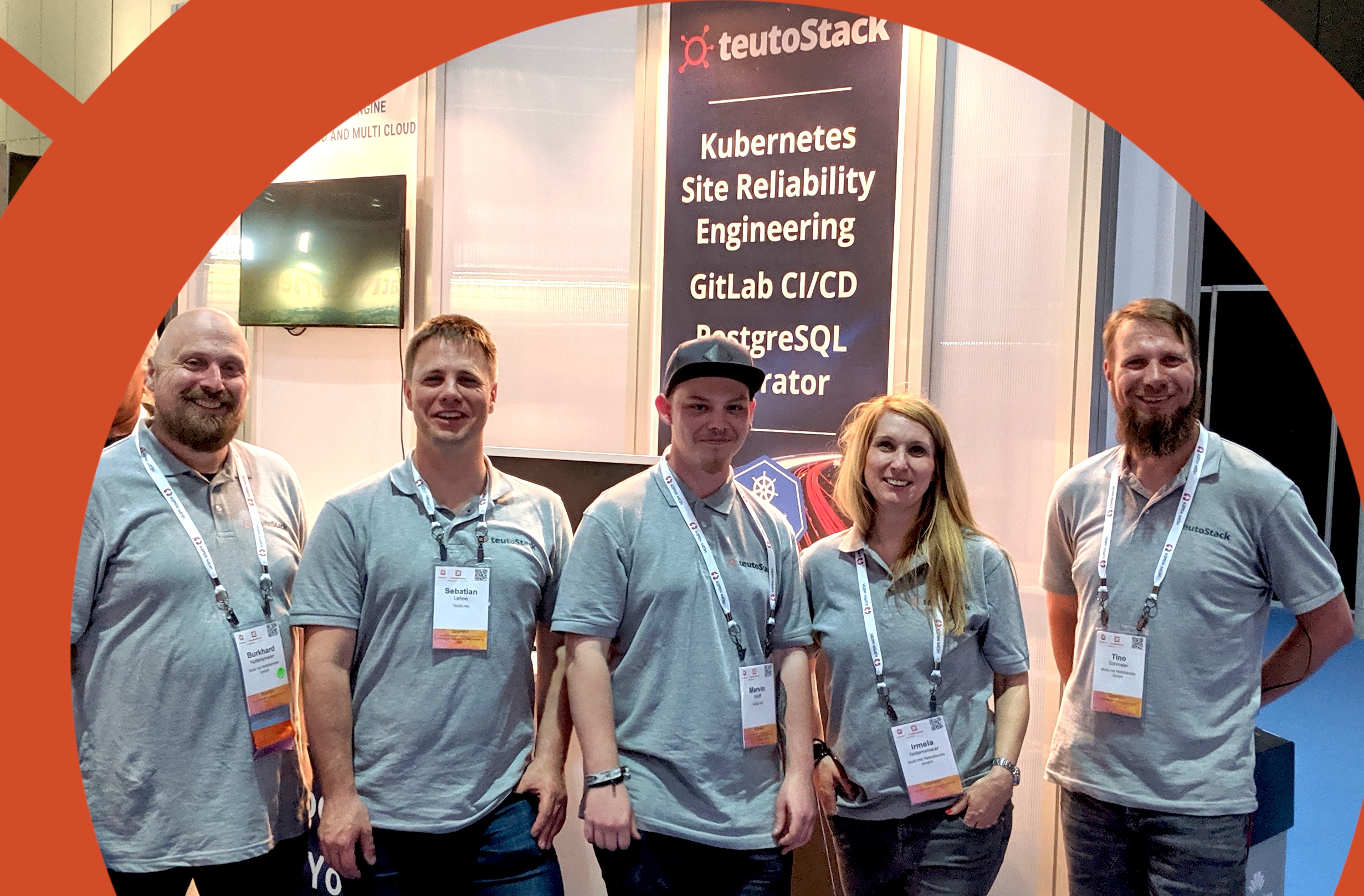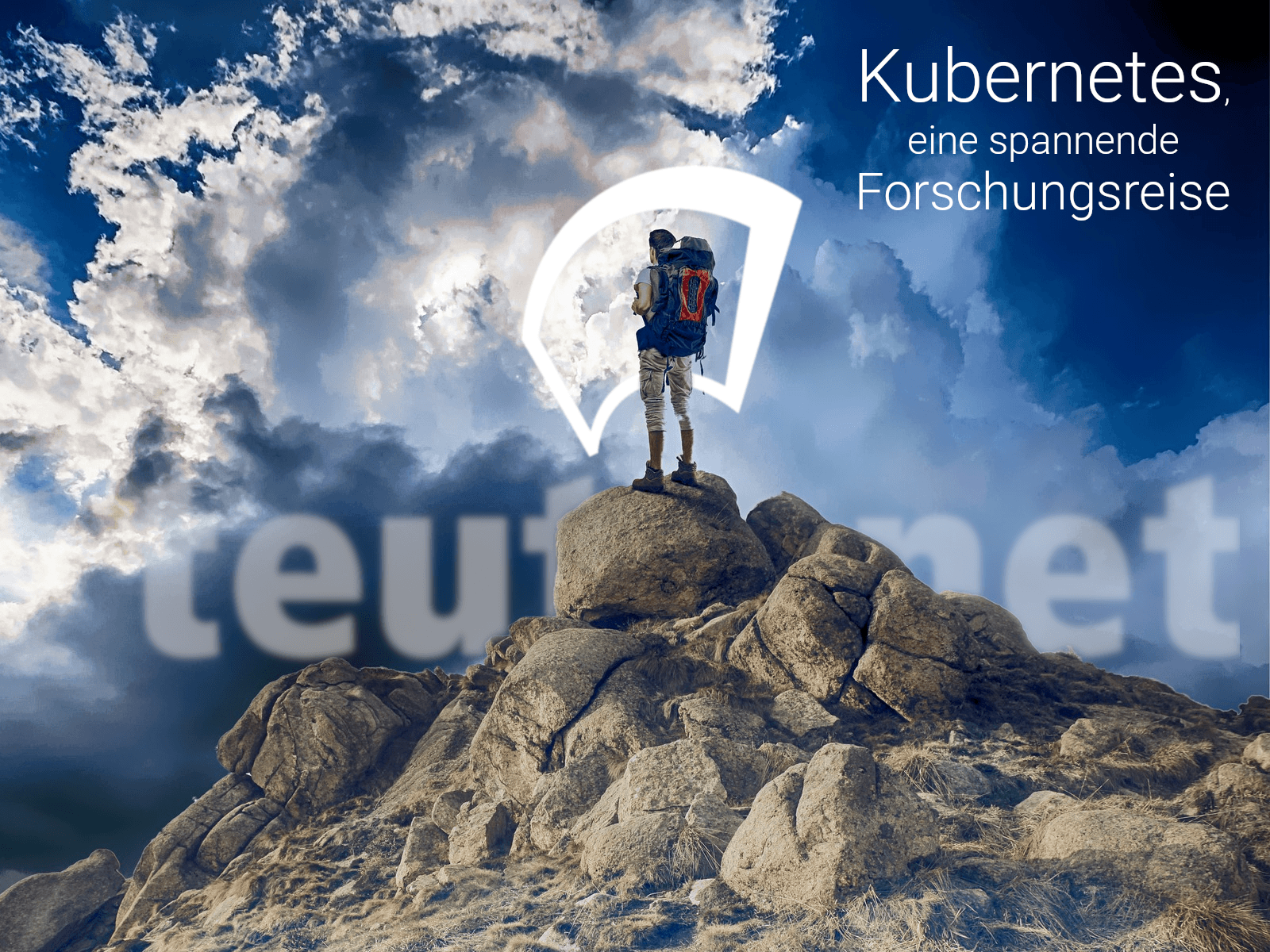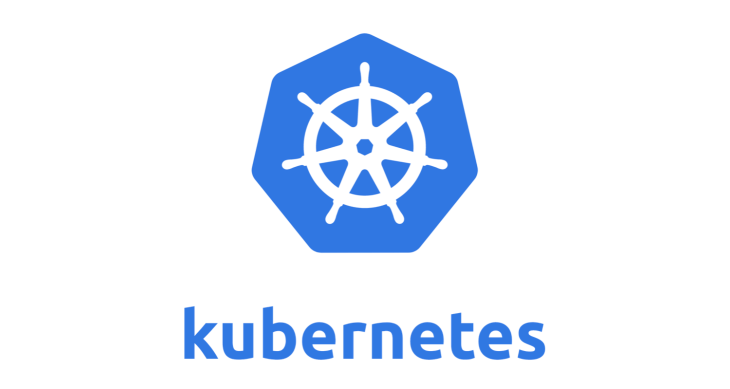Kubernetes and I
What I have learnt about Kubernetes

Everyone is talking about Kubernetes here. In order to have a say, I annoyed my colleagues with countless questions. I wanted to know everything about Kubenetes.


Kubernetes – what`s that?
Kubernetes (also known as “K8s”) is used to orchestrate container systems. The open source platform automates the setup, scaling and administration of containerized applications. It was originally developed by Google and then donated by Google to the Cloud Native Computing Foundation.
Kubernetes is the English spelling of a Greek word meaning “helmsman”. The name is thus in line with the visual language of cargo shipping chosen for such projects. In English, dockers are port workers.

The project itself relies on the google cluster manager “Borg”.

Kubernetes – what that good for?
our top five for Kubernetes
1) Kubernetes helps our developers to automate manual steps in the deployment process and especially in combination with GitLab CI/CD processes it increases the performance of the teams. Developers can focus on development and our projects can be released faster.
2) Kubernetes keeps the application running and helps us to react faster to new requirements. The capacity of the Kubernet cluster can be expanded within minutes by adding new nodes.
3) Kubernetes can launch multiple copies of an application, monitor them and scale or restart them as needed. In addition, Kubernetes can automatically provide a variety of resources that previously had to be configured manually (e.g. SSL certificates) without manual effort.
4) Kubernetes is controlled and developed by CNCF. This ensures future proof and manufacturer support. With Kubernetes we rely on the “right horse”.
5) Kubenetes is independent of the infrastructure – whether on premise or in the cloud. Based on our requirements for security and data location, we select the appropriate infrastructure for our use case.

If you have any questions or suggestions, feel free to contact me. Happy to receive your feedback.
See you soon at “Kubernetes and me”
